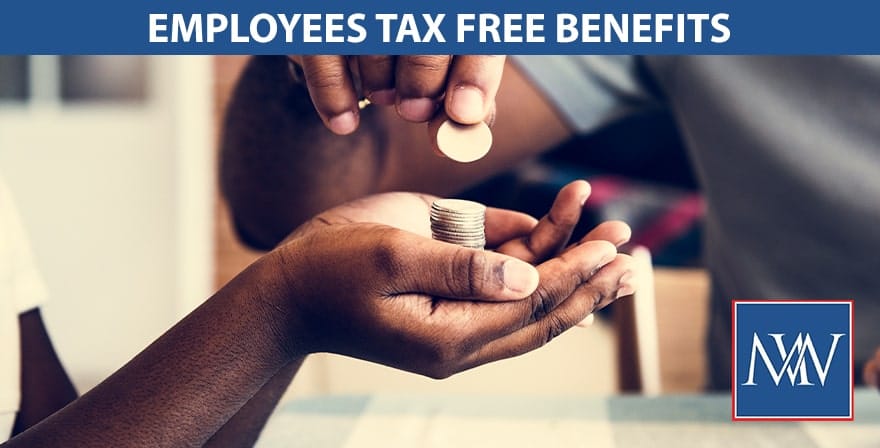
Employees: tax-free benefits to keep them healthy
More than 25 million working days are lost annually due to work-related ill health matters, including the two leading causes of workplace absence, namely back injuries and stress, depression or anxiety. There are however, several areas where employers can use tax breaks and exemptions to help promote health and fitness at work.
Gym facilities and memberships
In-house gym facilities may be offered to employees at a convenient location to fit in around work and there will be no tax or NIC liability arising if the following conditions are satisfied:
- the facilities must be available for use by all employees, but not to the general public;
- they must be used mainly by employees, former employees or members of employees’ families and households (employees of any companies grouped together with to provide the facilities also count);
- the facilities must not be located in a private home, holiday or other overnight accommodation (including any associated sporting facilities); and
- they must not involve use of a mechanically propelled vehicle (including road vehicles, boats and aircraft).
For employers who cannot practically provide in-house gym facilities, it may be possible to negotiate favourable membership rates with a local gym or leisure centre. Whilst this may lead to a tax liability for employees, the preferential rate can often be up to 20% – 30% cheaper than the normal price, so this is still an attractive offer for employees. Depending on how the cost of the gym membership is funded, the fees will either be taxed as earnings or as a taxable benefit-in-kind. So, for example, if an employer gives the employee additional salary to pay for their gym membership, the money is taxed as earnings through PAYE. If the employer pays the gym membership direct, a taxable benefit-in-kind arises on the employee and should be reported to HMRC on form P11D, or through the payroll.
Where an employer pays for a gym membership and the employee contributes towards the cost from their net pay (after tax and NICs), this is referred to as ‘making good’. The amount of the benefit (cost of gym membership) is reduced by the amount of the contribution.
Health-screening, check-ups and recommended treatments
A tax and NIC-free exemption allows employers to fund one health-screening assessment and/or one medical check-up per year per employee.
Subject to an annual cap of £500 per employee, employer expenditure on medical treatments recommended by employer-arranged occupational health services may be exempt for tax and NICs. ‘Medical treatment’ means all procedures for diagnosing or treating any physical or mental illness, infirmity or defect. Broadly, in order for the exemption to apply, the employee must have either:
- been assessed by a health care professional as unfit for work (or will be unfit for work) because of injury or ill health for at least 28 consecutive days;
- been absent from work because of injury or ill health for at least 28 consecutive days.
Employer-funded eye, eyesight test, and ‘special corrective appliances’ (i.e. glasses or contact lenses) may also be exempt for ta and NICs, providing certain conditions are satisfied.
Many employees struggle to fit physical activity into their busy working days but research shows that being active for just one hour can offset the potential harm of being inactive. As fitness and health issues become increasingly popular, anything an employer can do to help is likely to be most welcomed by employees.
Need Accountancy Support?
For information on bespoke training, or if you have any other questions for Makesworth Accountant, please fill in your details below




















 148
148